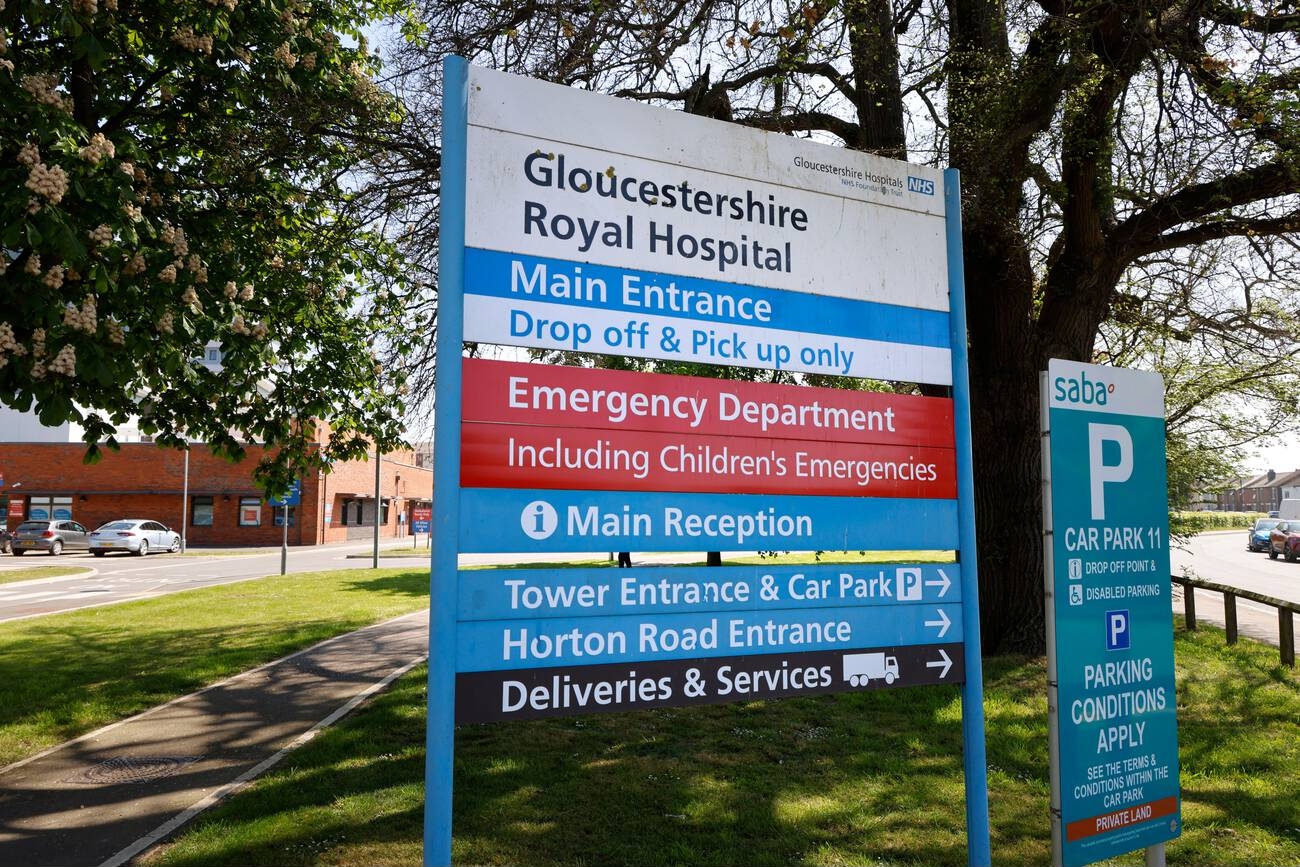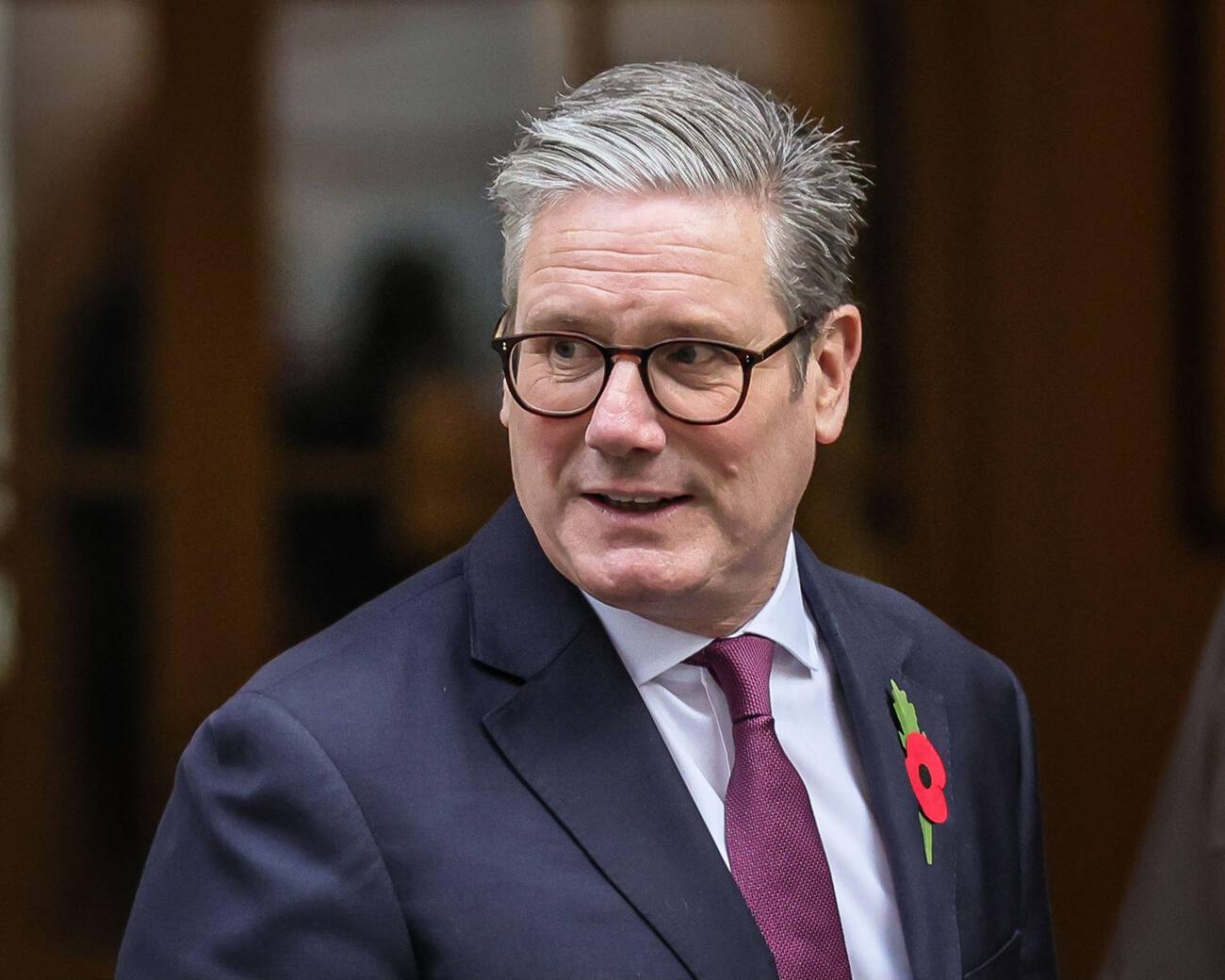The UK economy after Brexit: Calm Before the Storm?
The latest report from the Office for National Statistics (ONS) indicates low economic growth in the UK. On the

The latest report from the Office for National Statistics (ONS) indicates low economic growth in the UK. On the other hand, analysts are sceptical about the sustainability of this trend in the shadow of the trade war. The UK economy after Brexit has not been good in most cases. Trump’s policies could also further destabilise the uncertain British economy. On the other hand, poll results indicate that the British are inclined to improve relations with the European Union. Polls suggest that most Britons want closer economic ties with the European Union. This article examines the changes in the UK economic indicators and the country’s labour market. In addition, it also discusses the views of Britons regarding relations with the European Union after the implementation of Trump’s tariff policies.
Relative improvement in UK economic indicators
The UK economy after Brexit has been sharply and continuously damaged. However, new orders indicate a relative improvement in the British economy. The ONS announced on 11 April that the UK’s gross domestic product increased by 0.5% in February. The increase in UK GDP was higher than economists’ initial estimate (0.1%). Growth in the manufacturing, services, pharmaceuticals, and automotive sectors was cited as the main factor behind this increase. According to the ONS, the economy grew at zero per cent in January. The 0.5% figure in February is now seen as a reflection of a temporary recovery in some UK industries. However, the annual performance of some sectors remains lower than last year.
Warning about the temporary recovery of the UK economy
At the same time, as new statistics on the UK economy were released, watchdogs, research centres, and even the UK Treasury warned about this. Trump’s tariff policies come at a time when the UK economy is in a precarious position following Brexit. “These growth figures are encouraging, but we are not complacent. The world has changed, and we have witnessed that change in recent weeks,” said Chancellor of the Exchequer Rachel Reeves.
UK economic growth: The calm before the storm?!
The volatility in the UK economy comes from the United States imposing sweeping trade tariffs on Europe, China, and even some US allies. Under US President Donald Trump’s executive order, a 10% basic tariff has been imposed on all imports to the US. Also, under Trump’s order, foreign cars have been subject to a separate tariff of 25%. According to analysts, these measures have increased the global economy’s risk of recession. From this perspective, although UK economic growth provided a brief respite in February, concerns about the future remain due to unpredictable US policies and global market volatility. The relative growth of the British economy could be the calm before the storm. That is why the Starmer government should prepare for more difficult scenarios.
Intensifying recession in the UK labour market
The UK labour market has entered a period of stagnation and uncertainty. The UK economy after Brexit has been in recession most of the time due to the restrictions imposed. The latest figures show that the number of company employees has suffered the most significant decline since the peak of the coronavirus crisis. At the same time, warnings about the negative impact of government tax policies on employment and business growth have intensified. Following increased global instability and warnings about the consequences of the UK government’s recent budget decisions, the latest figures show a worrying decline in the number of employees on company payrolls. The decline is the most unprecedented in terms of speed and severity since the coronavirus pandemic.
The number of employees in employment in the UK
The ONS announced that in March, the number of employees working through the PAYE tax system fell by 78,000, while the figure for the previous month, February, was recently revised to 8,000. The decline comes simultaneously with signs of a slowdown in labour market activity. According to the figures, annual growth in regular wages reached 5.9% in the quarter to February. Annual growth in regular wages was slightly lower than the analysts’ forecast of 6% but still at record highs.
Unprecedented and alarming reductions in the workforce by companies
Economic activists and business leaders had previously warned of the consequences of tax increases announced in last autumn’s budget, saying that such policies would force them to reduce their workforce and stop raising wages. The results of some surveys at the beginning of the year also showed that the rate of company reductions, except during the Corona period, was unprecedented since the 2008 financial crisis. Recently, the UK government implemented a 25 billion pound increase in employers’ contributions to National Insurance. The decision affects about one million businesses. The national minimum wage was also increased by 6.7%. Businesses operating in lower-wage industries, including hospitality, retail, and the entertainment industry, have expressed concern about the detrimental effects of these decisions on their ability to create jobs.
Britons want closer economic ties with the EU.
The UK’s relationship with the EU has deteriorated since the Brexit vote. The UK economy after Brexit has been consistently damaged and declining due to the reduction in economic ties. According to published research, most Britons want the government to focus on rebuilding trade relations with the EU rather than striking a new financial deal with the US. The study is based on an analysis of polls using new questioning methods. The analysis of the poll results shows that people of voting age see their and Britain’s economic interests as much more tied to free trade relations with our European neighbours than to any deal Keir Starmer may or may not have with the US. The analysis shows how much British public opinion has favoured the EU since the Brexit referendum.
Closer ties with the EU will have a positive impact on the UK economy.
The research, commissioned by the international think tank Best for Britain, found that 53% of voters believe a closer relationship with the EU would have a positive impact on the UK economy. Only 13% said it would have an adverse effect. Also, 68% believe that improving ties with the EU would positively boost trade between the UK and the EU. Respondents were asked what they thought Starmer’s priorities should be for the UK-EU summit in May. The upcoming meeting will see the British Prime Minister and European leaders discuss increasing post-Brexit cooperation. The most popular answer from Britons was trade between the UK and the EU. Even among those who said they might vote for the UK Reform Party in the next election, half (48%) said a closer relationship with the EU would positively impact trade.
The UK economy after Brexit and the possibility of aggravating crises
The British labour market has entered a period of uncertainty. On the one hand, statistics indicate economic growth. On the other hand, Trump’s tariff policies could quickly hinder the United Kingdom’s relative economic development. The British economy grew by 0.5% in February, exceeding expectations. This indicates that consumer and business activity remains intact despite increased external instability. There are signs of a decline in employment and a slowdown in the British labour market. However, contrary to strong warnings in some surveys, it is impossible to speak of a collapse in the labour market. Studies show that most Britons want a closer relationship between the United Kingdom and the European Union in response to Trump’s policies.









